The Internet is a free space but sometimes people misjudge this and use the content available on the internet freely without taking permission of the author. This can be done deliberately or inadvertently but whatever the case is, it will still be called stealing.
Some people won’t think twice before copy-pasting your content directly on their site, others might play with words and spin the content a little but the end result remains the same.
Most of the time the stolen content is published without proper attribution, but even when attributed it still lacks permission to publish it on their website and will be considered as stolen.
Check out the following easy to follow methods to find out whether your content is available somewhere on the internet without your prior knowledge by using the power and features of Google.
Table of Contents
Google Search
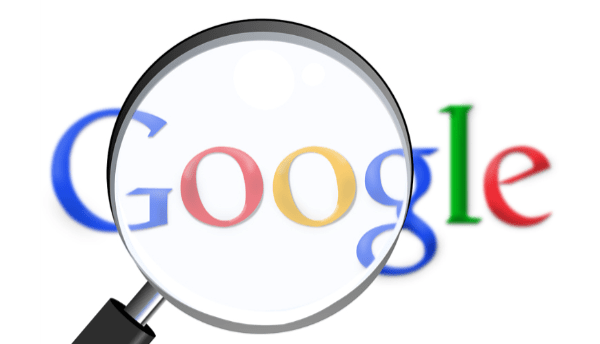
Google Search has the solution to every problem including finding copied and stolen content on the internet.
Simply take a sentence or a phrase from your article and put it in the search text box on Google. Don’t forget to put quotation marks around the sentence, so that Google will look for the entire sentence instead of searching for separate words.
Advantages
- It’s free!
- Quick and easy, no account necessary
Disadvantages
- Will not find content not indexed by Google
- Searches only by phrases instead of the entire text
- Limited to 32 words at a time
Plagiarism checker
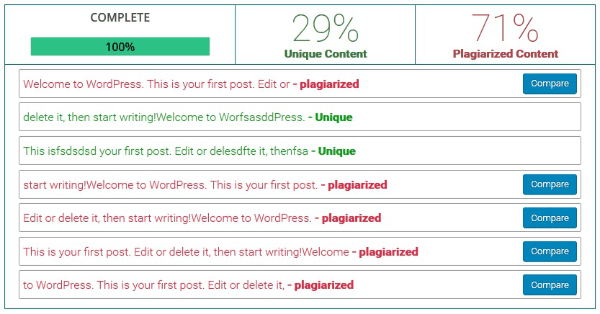
The plagiarism checker is a small nifty tool that is very handy when it comes to checking if your content is available elsewhere on the internet. It essentially uses the power of Google’s search engine to do the same task as the one we just talked about automatically.
All you have to do is enter your article into the text box and hit the “check plagiarism” button. What will happen next is this tool will actually search for phrases and sentences from your text using Google’s search engine. By the end of the search, it will highlight parts of the text it found on the internet.
While certainly not fool-proof, it’s a quick and easy method of searching for possible duplicates of your content online.
Advantages
- It’s free!
- Quick and easy, no account necessary
- You can exclude your own source URL
Disadvantages
- Limited to 1000 words at a time
- Will not find content not indexed by Google
- Searches only by phrases instead of the entire text
Google Images
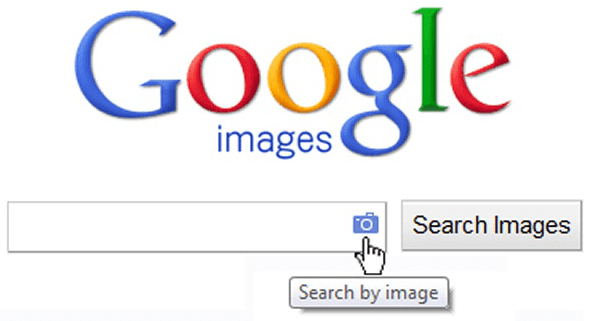
If you would like to search for possible copies of your images and check if someone is using them without your permission then Google Image Search comes to the rescue yet again. Simply upload your original image or enter its URL If anything is found, you will see the usual Google results page along with the websites and pages that display your image. To reduce the possibility of your images being copied and popping up on other websites you may follow these simple image protection techniques.
Advantages
- It’s free!
- Quick and easy, no account necessary
Disadvantage
- You can check only one image at a time
- Will not find images not indexed by Google
Google Alerts
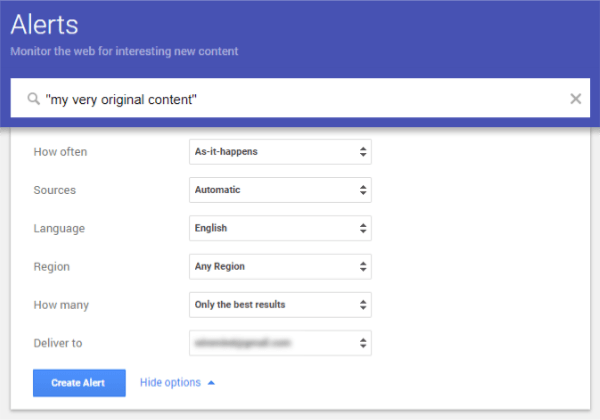
Most people have never used or even heard of Google Alerts. Yet it’s one of the most basic and easy to use online tools to automatically check if your content was copied by utilizing the power of Google.
To create an alert all you have to do is enter the text you would like Google to search for, similar to what you would do if you were to search for something using Google itself. Put quotation marks around your text to ensure that Google searches for the entire sentence instead of separate words. In addition to your text, you may specify how often you would like to be notified if Google finds matching content, as well as enter the delivery email and some other options.
Google will then do automatic searches based on your parameters and notify you if it finds anything.
This can also be used for monitoring our brand mentions online if you set up an alert to search for your company name instead.
Advantages
- It’s free!
- Automatic search and notifications
- Various targeting parameters
Disadvantages
- You need to have an account with Google
- It’s not very precise as you cannot search for long text, only phrases
Referral traffic
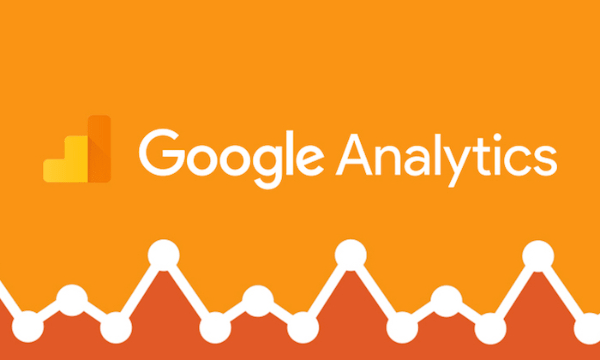
Google Analytics is very popular among webmasters as it shows you pretty much everything about how your users use and navigate your site. What it can also do is it can provide you with an insight into possible plagiarism of your content. Head over to the referral traffic section of the tool and check what websites send you new visitors.
Copycats are often lazy and they don’t alter the material and update its links. When this happens, you will likely see an increase of visitors from those sites which makes it worth checking them to see if your content might be present there.
Advantages
- It’s free!
- Can find content now indexed by search engines
Disadvantage
- Definitely not fool-proof
- You have to rely on someone’s laziness to find duplicate content
Researching and writing content requires a lot of time, intellect, and effort. It can be very frustrating to find out that someone else bluntly copied your work and takes credit for it. It’s even worse when someone makes money by taking credit for your work. The best deterrent for thieves stealing your work is to show that you have taken the steps to protect it and to display copyright notices and badges on your site and along with your work. If you found someone stealing your work you, make sure to get it removed as fast as possible before it gets copied elsewhere.


